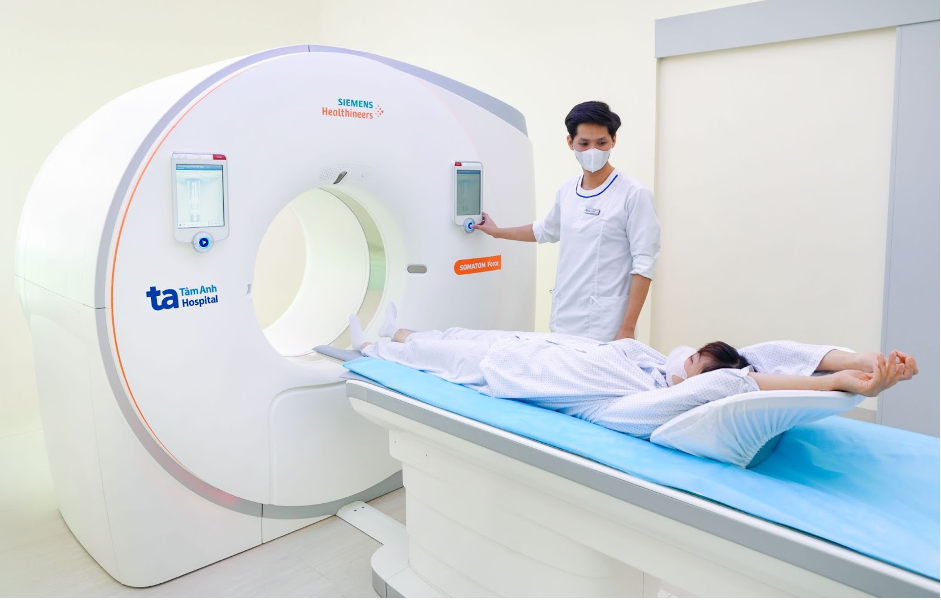Answer:
Hodgkin lymphoma is a type of cancer affecting the lymphatic system. It arises from abnormal changes in the DNA of white blood cells (lymphocytes). These abnormal lymphocytes grow uncontrollably, forming cancerous lymphocyte tissues concentrated in the body's lymph nodes.
Hodgkin lymphoma can occur at any age, but it is most common in two age groups: 15-39 and over 55. Most genetic mutations causing Hodgkin lymphoma occur spontaneously, with no identifiable cause. However, several factors increase the risk of developing the disease, including infection with HIV, Epstein-Barr virus (which causes mononucleosis), and Kaposi sarcoma virus (which weakens the immune system).
Individuals with a family history of lymphoma, a weakened immune system due to other medical conditions or treatments (such as chemotherapy, radiation therapy, or organ transplantation with anti-rejection drugs), or autoimmune diseases have a higher risk of developing this type of cancer.
Symptoms of Hodgkin lymphoma include swollen lymph nodes in the neck, armpits, or groin; persistent fatigue; fever above 39.5°C for more than two days or recurring fever; night sweats; shortness of breath; and unexplained weight loss.
Because you have a relative with Hodgkin lymphoma, you belong to a high-risk group. You should have regular health checkups and cancer screenings as recommended by your doctor. If you experience any of the unusual symptoms mentioned above, promptly seek medical attention for diagnosis and treatment. Hodgkin lymphoma can be detected through blood tests, CT scans, and biopsy of the affected tissue for histopathological examination.
 |
A patient undergoes cancer screening on a CT Somatom Force VB30 machine. Illustration: Tam Anh General Hospital. * |
Depending on the diagnosis and stage of the disease, doctors may employ various treatment methods, including chemotherapy, radiation therapy, targeted therapy, immunotherapy, or bone marrow transplantation. Early and timely treatment of Hodgkin lymphoma increases the chances of recovery.
MSc. MD Nguyen Thanh Trung
Oncology Department
Tam Anh General Hospital, Hanoi
| Readers can submit questions about digestive diseases here for doctors to answer. |












